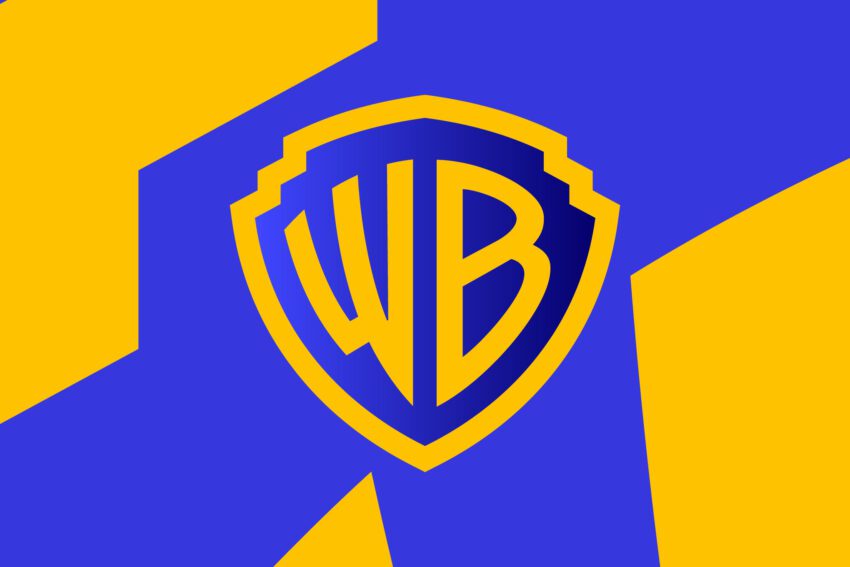
warner bros mergers never work but they Warner Bros. Discovery’s recent announcement regarding its openness to a sale has reignited discussions about the company’s tumultuous history with mergers and acquisitions.
warner bros mergers never work but they
Background on Warner Bros. Discovery
Warner Bros. Discovery (WBD) emerged from the merger of WarnerMedia and Discovery, Inc. in April 2022. This merger was touted as a strategic move to create a powerhouse in the entertainment industry, combining Warner Bros.’ extensive library of films and television shows with Discovery’s reality-based content. However, the merger has faced numerous challenges, including significant debt and a rapidly changing media landscape.
Since its inception, WBD has struggled to find its footing in an increasingly competitive market. The rise of streaming services like Netflix, Disney+, and Amazon Prime Video has forced traditional media companies to rethink their strategies. WBD’s initial plans to capitalize on its diverse content offerings have been complicated by internal restructuring and external pressures.
Recent Developments
In a recent statement, WBD indicated that it is open to the possibility of a sale, a move that has raised eyebrows in the industry. CEO David Zaslav mentioned that the company had received multiple unsolicited offers for both the entire company and Warner Bros. specifically. This admission highlights the growing interest in WBD’s assets, despite the company’s ongoing struggles.
Refusal of Acquisition Proposals
Notably, WBD recently rejected a lowball acquisition proposal from David Ellison’s newly merged Paramount Skydance. This refusal suggests that WBD is not willing to entertain offers that do not meet its valuation expectations. Zaslav’s comments about the company’s portfolio receiving “increased recognition by others in the market” further indicate a level of confidence in WBD’s assets, despite the challenges it faces.
The Implications of a Potential Sale
The possibility of a sale raises several questions about the future of WBD and its various properties. If the company were to be acquired, it could lead to significant changes in management, strategy, and content direction. Stakeholders, including employees, shareholders, and consumers, would all be affected by such a transition.
Impact on Employees
A sale could lead to job losses as new management may seek to streamline operations and cut costs. The entertainment industry has seen numerous layoffs in recent years, and WBD is no exception. Employees may find themselves in a precarious position as the company navigates the complexities of a potential sale.
Shareholder Reactions
Shareholders may have mixed feelings about a sale. On one hand, an acquisition could provide a quick return on investment, especially if the sale price exceeds current valuations. On the other hand, shareholders may be concerned about the long-term viability of WBD’s assets if they are sold to a company with a different strategic vision.
Consumer Impact
For consumers, a sale could mean changes in the content available on streaming platforms and television networks. Different ownership structures often lead to shifts in programming priorities, which could affect the types of shows and movies that are produced. Additionally, consumers may experience changes in subscription pricing and service offerings as new management implements its strategies.
The Historical Context of Mergers in the Entertainment Industry
WBD’s current situation is not unique in the entertainment industry. The history of mergers and acquisitions in this sector is fraught with challenges. Many companies have attempted to combine resources and expertise, only to face significant hurdles that undermine their initial goals.
Notable Failed Mergers
- AOL and Time Warner: Perhaps one of the most infamous mergers in history, the AOL-Time Warner merger in 2000 was initially celebrated as a groundbreaking union of media and technology. However, cultural clashes and differing business models led to its eventual unraveling.
- Disney and Fox: While Disney’s acquisition of 21st Century Fox has been largely successful, it faced significant scrutiny and challenges during the integration process. The complexities of merging two large entities often lead to operational difficulties.
- Viacom and CBS: The merger between Viacom and CBS has seen multiple iterations, with the companies splitting and reuniting over the years. Each transition has brought its own set of challenges, demonstrating the difficulties of aligning corporate cultures and strategies.
Stakeholder Reactions to WBD’s Situation
The reactions from various stakeholders regarding WBD’s potential sale have been varied. Industry analysts, employees, and competitors have all weighed in on the implications of such a move.
Industry Analysts
Many industry analysts view WBD’s openness to a sale as a sign of desperation. The company’s struggles to compete in the streaming market have led some to question its long-term viability. Analysts suggest that WBD may need to consider strategic partnerships or acquisitions to bolster its position in the industry.
Employee Concerns
Employees within WBD have expressed concerns about job security and the future direction of the company. The uncertainty surrounding a potential sale has created a tense atmosphere, with many employees fearing for their positions. The entertainment industry is known for its volatility, and WBD’s situation has only heightened these concerns.
Competitor Reactions
Competitors have taken note of WBD’s struggles, with some viewing it as an opportunity to capitalize on its weaknesses. Companies like Netflix and Disney+ are likely to monitor any developments closely, as a sale could shift the competitive landscape in the streaming market.
Future Prospects for Warner Bros. Discovery
The future of Warner Bros. Discovery remains uncertain. The company faces significant challenges, including a heavy debt load and the need to adapt to a rapidly changing media environment. While the possibility of a sale may provide a short-term solution, it does not address the underlying issues that have plagued WBD since its inception.
Strategic Options Moving Forward
WBD has several strategic options to consider as it navigates its current situation:
- Focus on Core Assets: WBD could choose to streamline its operations and focus on its most valuable assets, such as its film and television libraries. By prioritizing high-quality content, the company may be able to regain market share.
- Partnerships and Collaborations: Forming strategic partnerships with other media companies could provide WBD with the resources and expertise needed to compete more effectively in the streaming market.
- Debt Management: Addressing its significant debt load should be a priority for WBD. Implementing a robust financial strategy could improve the company’s overall health and attractiveness to potential buyers.
Conclusion
Warner Bros. Discovery’s openness to a sale marks a significant moment in the company’s history, reflecting its ongoing struggles in a challenging media landscape. As the company navigates this uncertain terrain, the implications of a potential sale will resonate across the industry. Stakeholders will be watching closely to see how WBD’s situation unfolds and what it means for the future of entertainment.
Source: Original report
Was this helpful?
Last Modified: October 28, 2025 at 7:36 pm
2 views















